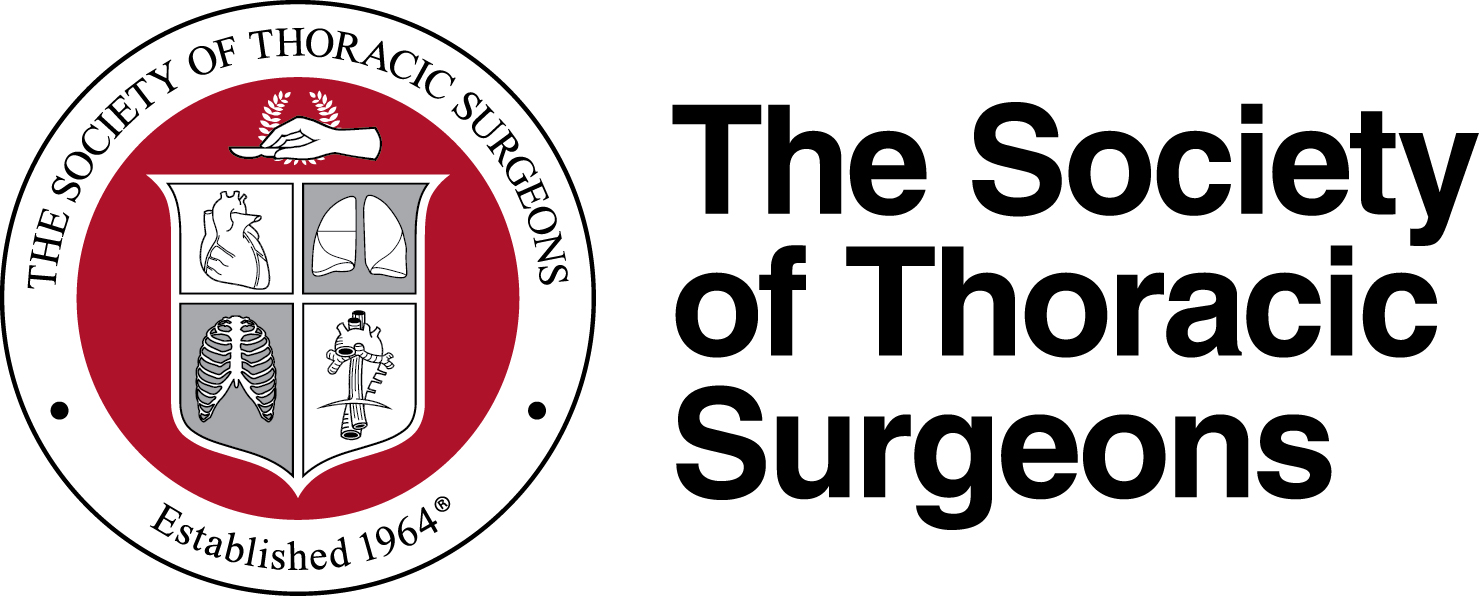Newswise — Chicago — Survival following heart transplantation is associated with several patient characteristics, including patient education, higher social and economic satisfaction, and patient adherence with medications, according to a study published in the March 2013 issue of The Annals of Thoracic Surgery.
Researchers with the Feinberg School of Medicine at Northwestern University in Chicago, led by Steven A. Farmer, MD, PhD, examined demographic, behavioral, and health-related quality of life factors associated with mortality 5 to 10 years after heart transplantation in a nonrandom sample of 555 patients drawn from an existing multisite dataset.
The authors found that attainment of at least a high school education and a higher number of years of education completed were among the patient characteristics associated with increased survival.
“We [also] demonstrated that higher social and economic satisfaction on items related to home, neighborhood, community, work and financial needs is associated with improved survival after heart transplantation,” wrote Dr. Farmer and colleagues.
Patients with coexisting cardiovascular and hematologic illnesses, such as low white cell count, had worse survival, as did patients with a larger number of cumulative infections and hospital readmissions.
“Heart transplantation is a lifesaving operation for patients with advanced heart failure, and survival is excellent,” Dr. Farmer said. “However, our findings demonstrate that a wide range of factors predict long-term survival after heart transplantation, including medical and non-medical patient characteristics. A holistic understanding of patients—both before and after transplantation—is essential to improving survival.”
Quality of Life Important as Outcome VariableIn an invited commentary in the same issue, James K. Kirklin, MD, from the University of Alabama in Birmingham, wrote, “This analysis by Farmer and colleagues supports the findings of prior studies on quality of life and its impact after heart and other solid organ transplantation, which emphasize the importance of education and compliance to achieve long-term survival.”
Dr. Kirklin noted that based on this study and others: “We can provide counseling to heart transplant recipients about their critical participation in self-care after receiving a ‘gift of life’ from a grieving family. These patient-oriented discussions of patient education and compliance are now truly evidence-based, which should underscore the veracity of our recommendations.”
He added that quality-of-life indicators should play a major role in determining which complex therapies are recommended to advanced heart failure patients who are listed for heart transplantation but are eligible for triage to alternative therapies. “Further refinement of quality-of-life assessment tools and rigorous quality-of-life statistical analyses will increasingly become an obligatory component of any serious evaluation of these complex cardiovascular applications,” said Dr. Kirklin.
###
For a copy of the study and invited commentary, contact Cassie Brasseur at 312-202-5865 or [email protected].
Founded in 1964, STS is a not-for-profit organization representing more than 6,600 cardiothoracic surgeons, researchers, and allied health care professionals worldwide who are dedicated to ensuring the best possible outcomes for surgeries of the heart, lung, and esophagus, as well as other surgical procedures within the chest. The Society’s mission is to enhance the ability of cardiothoracic surgeons to provide the highest quality care through education, research and advocacy.
The Annals of Thoracic Surgery is the official journal of STS and the Southern Thoracic Surgical Association.
MEDIA CONTACT
Register for reporter access to contact detailsCITATIONS
Ann Thorac Surg (2013;95:876–83)
